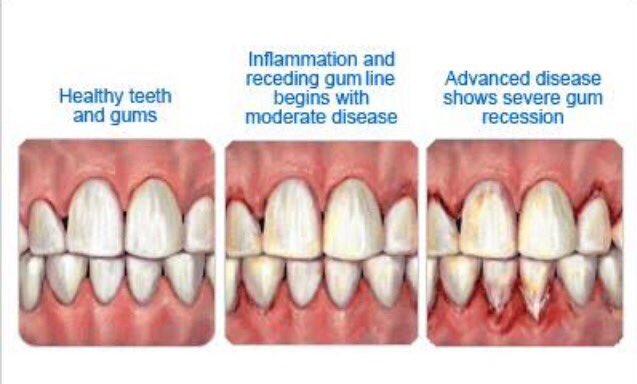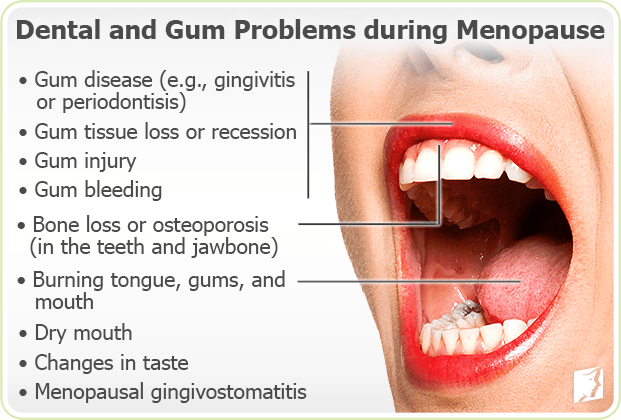
If you want to maintain healthy teeth and gums, it’s important to keep up with a good oral hygiene routine, regular checkups and cleanings.
Your diet can also play a major role in the strength and health of your teeth. Eating a variety of foods and drinking plenty of fluoridated water can help protect your teeth and gums.
Calcium
Getting enough calcium is important for healthy teeth. It helps build strong bones and protects tooth enamel from bacteria that causes cavities.

You can get calcium from milk, dairy products, fortified cereals and other foods. You can also take a multivitamin or vitamin D supplement.
It is important to remember that calcium does not come naturally from your body, so consuming foods rich in this mineral is the best way to ensure you are getting sufficient amounts. The amount of calcium you need depends on your age and gender, but it is recommended to consume about 1000 milligrams a day.
Calcium is an essential part of a balanced diet and is most easily absorbed when combined with other minerals such as phosphorus, magnesium and Vitamin D. A balanced diet should contain a range of sources of these nutrients, including fish and oily fish, dairy products, fortified cereals, green leafy vegetables and nuts.

Dairy is the most common source of calcium and it is important to drink at least two cups of dairy per day. However, there are many other calcium-rich foods to consider, such as fish and beans.
The calcium in dairy works with phosphorus and magnesium to coat your teeth in a protective film that wards off harmful acids and bacteria-causing cavities. It also strengthens and reinforces your tooth enamel and makes it more resistant to temperature change.
Vitamin D
Vitamin D is a key vitamin in the body that plays a role in regulating calcium and phosphorus absorption. This helps keep your teeth and bones strong.
It’s also important for preventing tooth decay and gum disease, which are the two most common oral health problems. When your vitamin D levels are low, it can make you more susceptible to these issues.
You can get vitamin D through a healthy diet and exposure to sunlight on your skin. It’s best to spend a few minutes each day in the sun, but you can also get it from fortified foods and supplements.
In addition to its role in bone health, Vitamin D is essential for the formation of enamel. It also has anti-inflammatory properties that some researchers believe help reduce gingivitis and periodontitis.
Vitamin D deficiency is a serious problem worldwide and can lead to osteomalacia (softening of the bones) and rickets, which is a disease that causes weak bones.
Thankfully, this condition is becoming less common thanks to dietary sources of vitamin D and supplements that can be taken as needed. In the US, it’s estimated that almost 1 billion people are deficient in vitamin D and more than 20% of adults have blood levels below the recommended levels.
Fruits & Vegetables
Fruits and vegetables are a crucial part of any healthy diet. They contain the nutrients your teeth and gums need to keep healthy. They are low in sugar, high in fiber, and rich in antioxidants that fight bacteria that cause tooth decay.
Vitamin C, which is present in citrus fruits like grapefruit, oranges and strawberries, can help prevent plaque from forming on your teeth. It also helps heal wounds in your mouth, so it’s important to include it in your daily diet.
Vegetables and dark, leafy greens are also excellent for your dental health. They are loaded with vitamins and minerals, including calcium. They also promote saliva production, which is an important tool for warding off cavities and gum disease.
Carrots, for example, are a great source of beta-carotene and Vitamin A. This vitamin is essential for repairing and strengthening your enamel.
Other vegetables and fruits are good for your teeth because they promote saliva production, which can help to neutralize acidity in your mouth. Water-filled fruits (like pears and apples) are particularly helpful because they can cut back on the amount of sugar that sticks to your teeth.
Onions are another excellent vegetable for your teeth because they have the ability to destroy harmful bacteria in your mouth, helping to promote a healthy oral environment. They are also a good source of phosphorus, which your body uses to rebuild the layers of enamel that are damaged by acid.
It’s also a good idea to avoid foods that can erode your tooth enamel, like citrus fruits and hard candy. Adding foods that are fortified with teeth-friendly calcium and vitamin D, such as fortified orange juice, is a great way to make sure you’re getting the vitamins and minerals your teeth need without damaging them.
Meat & Fish
Meat and fish are a crucial part of any healthy diet. They are packed with protein, phosphorous and other nutrients that help build strong teeth.
Meat is also a good source of calcium, an essential mineral for tooth enamel. Foods rich in this mineral can strengthen tooth structure and protect against tooth decay, including cheese, milk and yogurt.
Salmon, tuna and fatty fish are a great source of this vital nutrient as well as Vitamin D. They also contain phosphorus, another important mineral for tooth enamel protection.
Chicken is also a great source of these essential vitamins and minerals. It contains vitamin B3 and B12 as well as phosphorous and calcium.
Eating a balanced diet with plenty of fruit and vegetables is crucial for overall health but also to keep your teeth and gums healthy. Vegetables are a great source of fiber which can help rinse away plaque and freshen breath, while fruits such as strawberries, raspberries, kale, pomegranates, garlic and Brussel sprouts provide lots of essential vitamins and minerals that can help support your oral health.
If you’re a vegetarian, consider adding a variety of vegetable-based foods to your diet to add these key vitamins and minerals. Broccoli, kale and other dark greens are excellent options for vegetarians and can boost the nutritional value of your meals without sacrificing taste.
Meat is not a healthy option for everyone, but it is a necessary part of a balanced diet and should be included in your diet in moderation. If you’re looking to cut out meat completely, a good alternative is soy or tofu. They are a good source of protein and are often vegan friendly.

Nuts
Almonds, peanuts, walnuts and Brazil nuts are all good sources of calcium and other minerals that help keep your teeth and gums strong. They also have magnesium and phosphorous, both of which are essential for oral health.
Moreover, they contain L-arginine, a nutrient that can help to reduce blood pressure and improve the health of your blood vessels. They are also high in fibre, which helps to cleanse your digestive system and lower your appetite.
As part of a healthy diet, eating nuts can help to promote weight loss and decrease the risk of chronic diseases such as diabetes and heart disease. The fats in nuts also help to curb cravings, while promoting energy.
Nuts are also a great source of antioxidants, which help to protect your teeth from damage caused by exposure to oxidative stress. These include vitamin E, folic acid, thiamine, zinc, niacin, iron and magnesium.
Another important benefit of nuts is that they help to boost your immune system. They also help to prevent the formation of cancer cells in your body.
They also act as natural abrasive foods that massage your gums, removing plaque and cleaning away bacteria. In addition to this, they stimulate saliva production.
However, be careful to choose the right type of nut for your diet. For example, if you have sensitive teeth, you should avoid hard nuts and instead opt for soft, slivered varieties.
In addition to helping to maintain strong teeth, nuts can also promote healthy skin and a youthful appearance. They are rich in antioxidants that fight free radicals and toxins that cause wrinkles.
The best way to enjoy these beneficial foods is to combine them with a nutritious diet, regular brushing and dental check-ups. If you have any questions or concerns about your oral health, please don’t hesitate to contact us!

